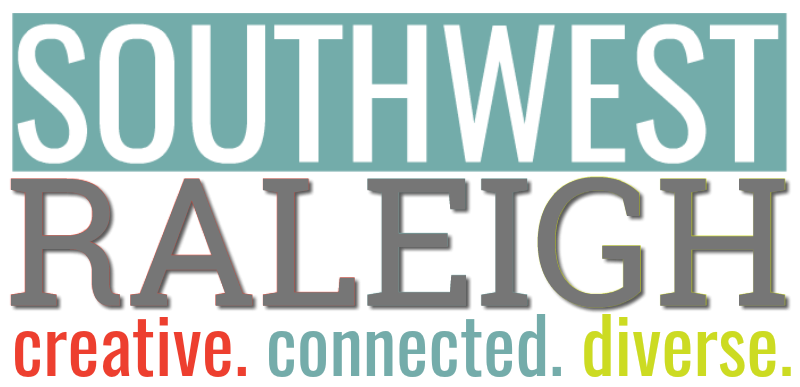Guest post by Jeff Swift

When it comes to neighborhoods and local communities, the Internet is a sword. If we don’t actively beat it into a ploughshare we run the risk of mastering digital technology and social media while not knowing the name of that elderly couple down the street, the reason the lady on the corner has five cats, or the fact that a licensed electrician lives around the corner and is willing to take a look at our broken dishwasher for free out of the goodness of his heart.
If we aren’t proactive, the Internet will cut us apart more than it will bring us together.
Some social networks are built to connect us with our friends all over the world while we sit at our computer. This has proven to be a very exciting prospect—reconnecting with old classmates and staying in contact with summer camp friends is now easier than ever. But these worldwide networks of friends still don’t connect us with the people living in our neighborhood, and they don’t connect us with face-to-face events at our town libraries, parks, restaurants, and civic centers.
Because community is the heart of Raleigh, and because our neighborhoods are made up of amazing and inspiring neighbors who love their families and want to help each other, it is time we hammer the Internet into a tool that unites rather than divides our communities. This was the lofty task two Harvard graduates set out to tackle in 2010 when they started the CommonPlace movement in a small city in Virginia. Their movement quickly spread, reaching almost 20% of the city in the first month and a half as families and neighborhoods signed on and connected with each other, and the city’s CommonPlace is now a thriving online civic space.
This movement has spread to Raleigh—Raleigh’s CommonPlace movement is only a few weeks old, but is already bringing neighbors together in a way that is exciting to everyone involved. The movement is based on a web platform, but is so much more than a website:
The CommonPlace movement is powered by civic-minded leaders, kind-hearted neighbors, and community-centered businesses and organizations. Put simply, the CommonPlace vision is to pull together Raleigh’s separate networks — of neighbors, citizen organizations, community leaders, local businesses, newspapers, blogs, and more — onto one central location on the web, wiring neighborhoods closer together and enriching the lives of citizens to make Raleigh an even better place to live — more connected in person as well as online.
On Raleigh’s CommonPlace
- People can post needs, announcements, invitations, and offers to their neighbors: “Can I borrow a ladder?” “Lost my cat!” “Selling my high chair” etc.
- Local civic organizations, municipal institutions, and businesses can post announcements to people in town: “PTA meeting today;” “Special deal;” “New article out;” etc.
- Everyone can post and view upcoming community events.
- Interested groups can discuss important issues and share advice, wisdom, and opinions.
Neighborhood-based
Every neighbor who signs up for the site is required to provide their Raleigh street address (this information is not visible to other users of the site, nor will it be sold or otherwise abused in any way). The system is set up like this for two reasons:
- To verify that only current Raleigh residents have accounts. This is Raleigh’s CommonPlace specifically designed for Raleigh neighborhoods, businesses, schools, nonprofits, and community groups. And,
- To sort the neighbors on the CommonPlace platform into neighborhoods. Raleigh’s neighborhoods are unique, with varying events, needs, businesses, and neighbors.
Because of this diversity, and because CommonPlace is dedicated to connecting your neighborhood, the CommonPlace system is designed to keep neighborhood as accurate as possible.
Free
CommonPlace is 100% free. The platform moderators are deeply dedicated to helping the communities, businesses, and neighborhoods of Raleigh, and get all their funding from the national organization (CommonPlaceUSA), which in turn is funded by individuals who share the dedication to local communities and neighborhoods.
Please consider joining your neighbors in the CommonPlace movement!
